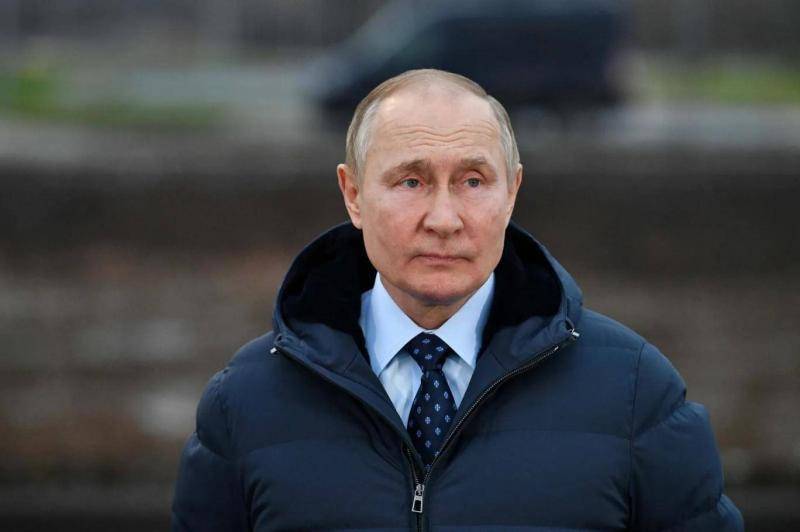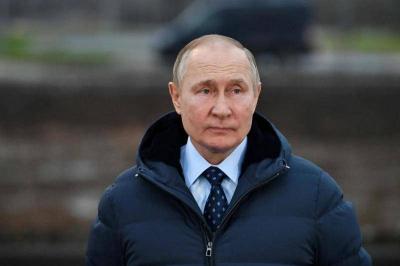In the absence of any real opposition, Russian voters are casting their ballots in a three-day presidential election that began today, Friday, with President Vladimir Putin expected to win a new term. However, in light of the lack of genuine competition or opposition votes, why is this vote important?
There is no doubt that the 71-year-old Putin will win a fifth term, as none of the three other competitors pose a real challenge. Nevertheless, these elections are significant in the eyes of the Kremlin leader, as they serve to bolster his legitimacy and renew his image as a protector of security and stability. This image has been affected since the military operation in Ukraine turned into a conflict that resulted in hundreds of thousands of casualties and a rupture in relations with the West, according to The New York Times.
Is Putin facing any serious competitors? The septuagenarian is up against three other candidates, all of whom are members of the State Duma, Russia's adopted parliament—who voted in favor of the military operation in Ukraine and for increased oversight. They are Nikolai Kharitonov (75) from the Communist Party, who suffered a heavy loss to Putin in 2004; Leonid Slutsky (56) from the pro-Putin Liberal Democratic Party, who asserted he would not rally voters against the president; and Vladislav A. Davankov (40) from the New People Party, a nominally liberal party, who called for "peace" in Ukraine but has mainly supported Putin.
Meanwhile, two opposing candidates to the military operation in Ukraine have been excluded. Politician Boris Nadezhdin unsettled Putin's administration when tens of thousands of people across Russia lined up to sign the petitions required for his candidacy. The Kremlin invalidated enough signatures to block him.
Amid these non-competitive names, the question arises whether Putin can remain president for life. Since taking office for the first time after President Boris Yeltsin in 2000, Putin has asserted that the Russian Constitution would determine the length of his term, yet he later made amendments to the constitution. In 2008, when laws regarding presidential term limits forced him to step down, he became Prime Minister under President Dmitry Medvedev, although he remained the central governing power before reclaiming the presidential office in 2014.
When asked in 2014 if he would remain president forever, he replied, "That's not good and harms the country, and I don’t need it either." However, he quickly added, "We will see how things will be, but in any case, the length of my work is limited by the constitution." It is worth noting that presidential terms were extended to six years before the 2018 vote, and in 2020, the constitution was amended again to extend presidential terms twice.
Thus, Putin can currently serve at least two more terms, potentially until 2036. If this does happen, he would surpass Joseph Stalin's record of ruling the country for 29 years.
When will the voting results be known? The tally is expected to be announced sometime on Sunday evening, Moscow time.




